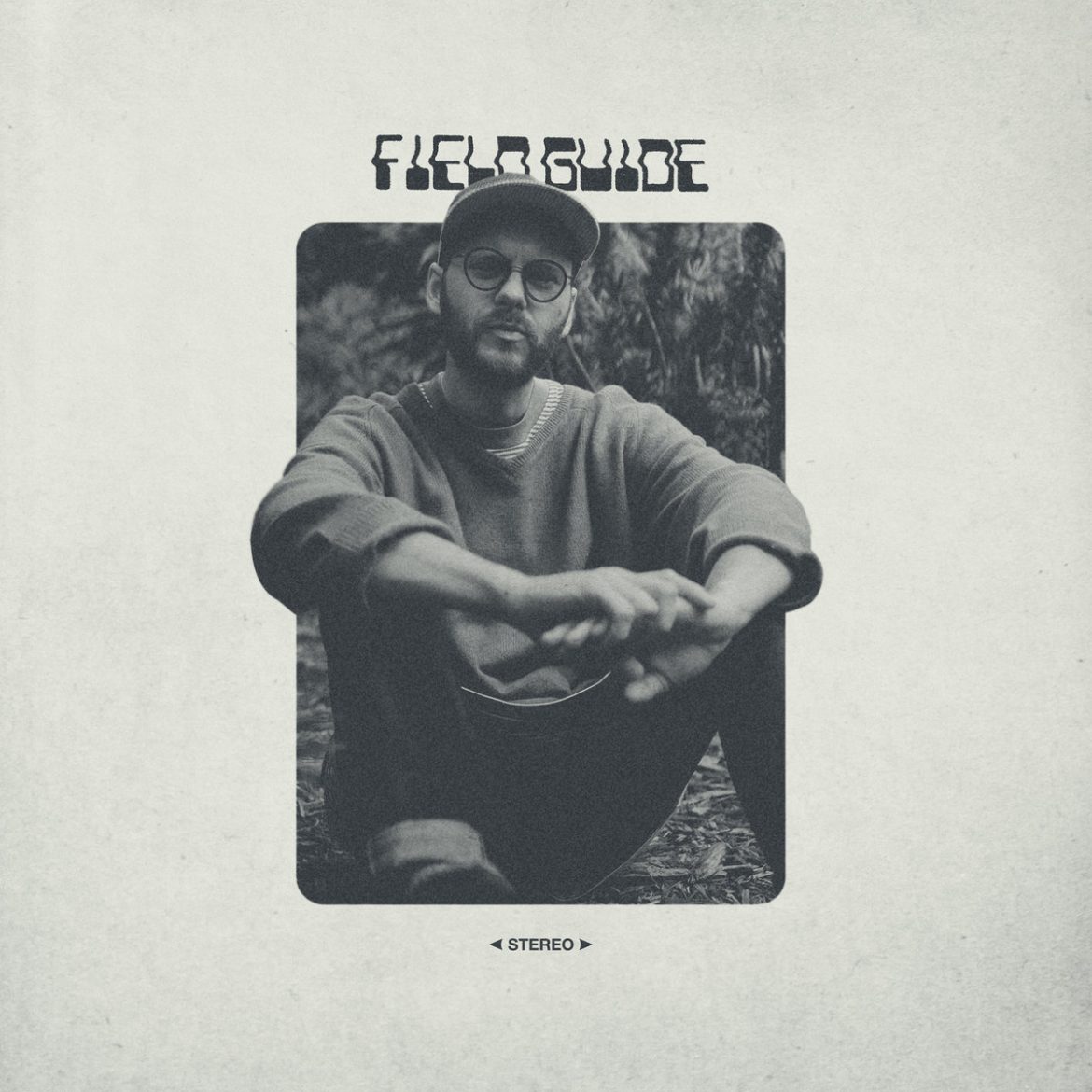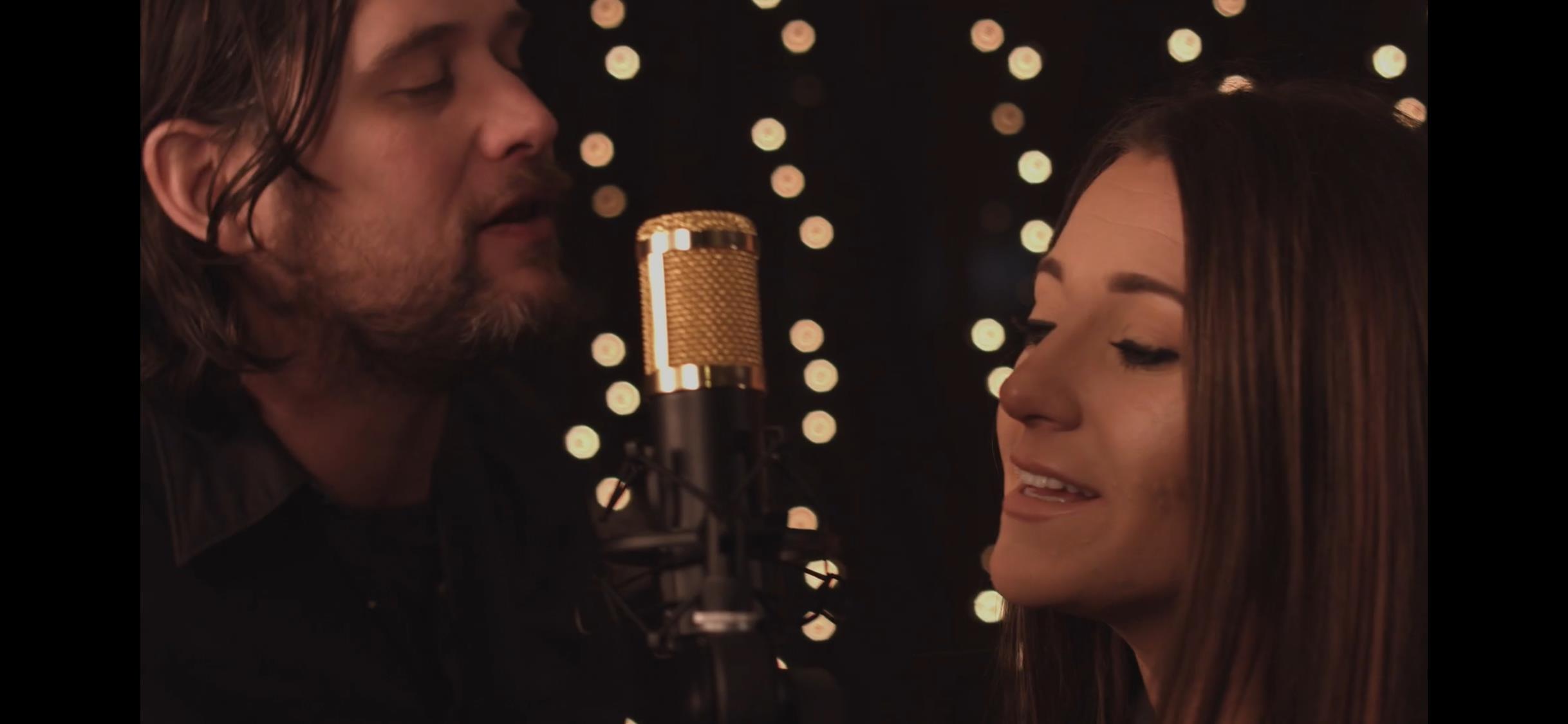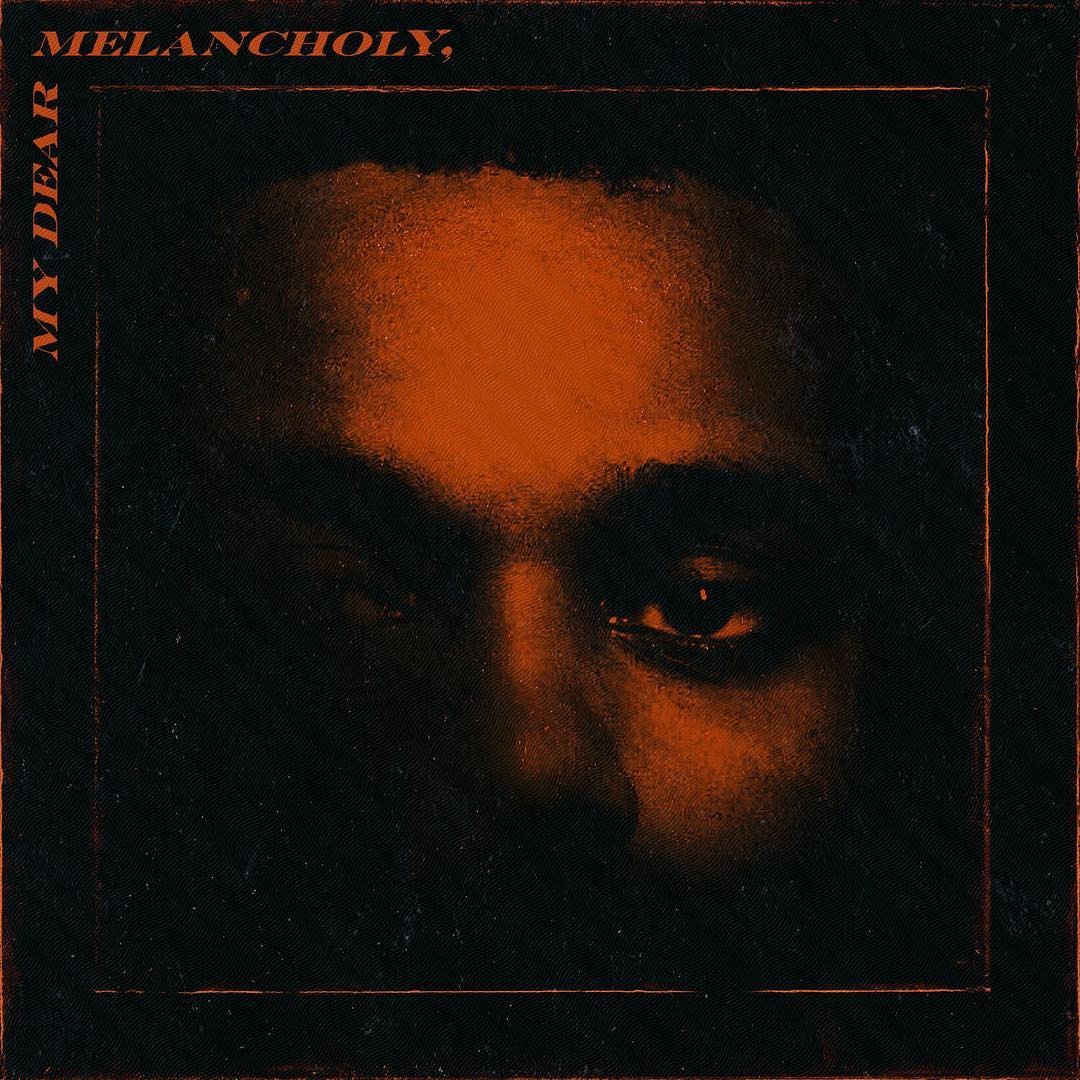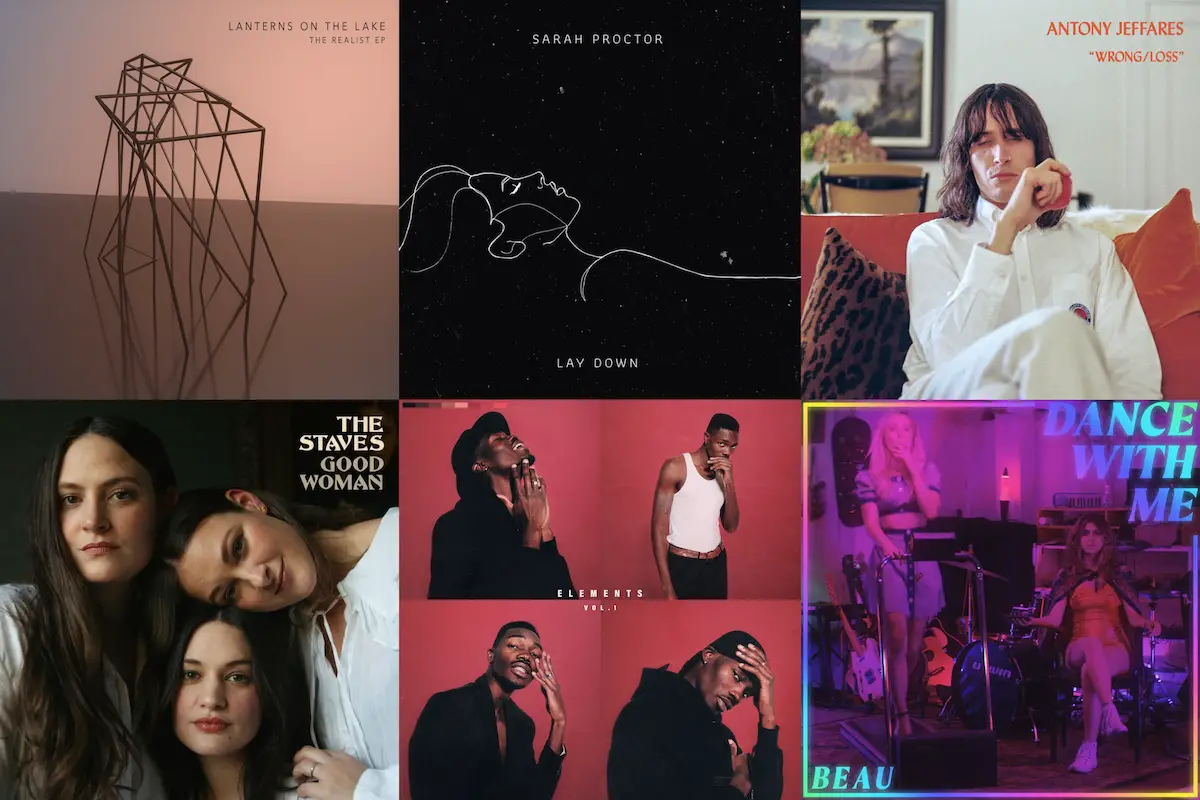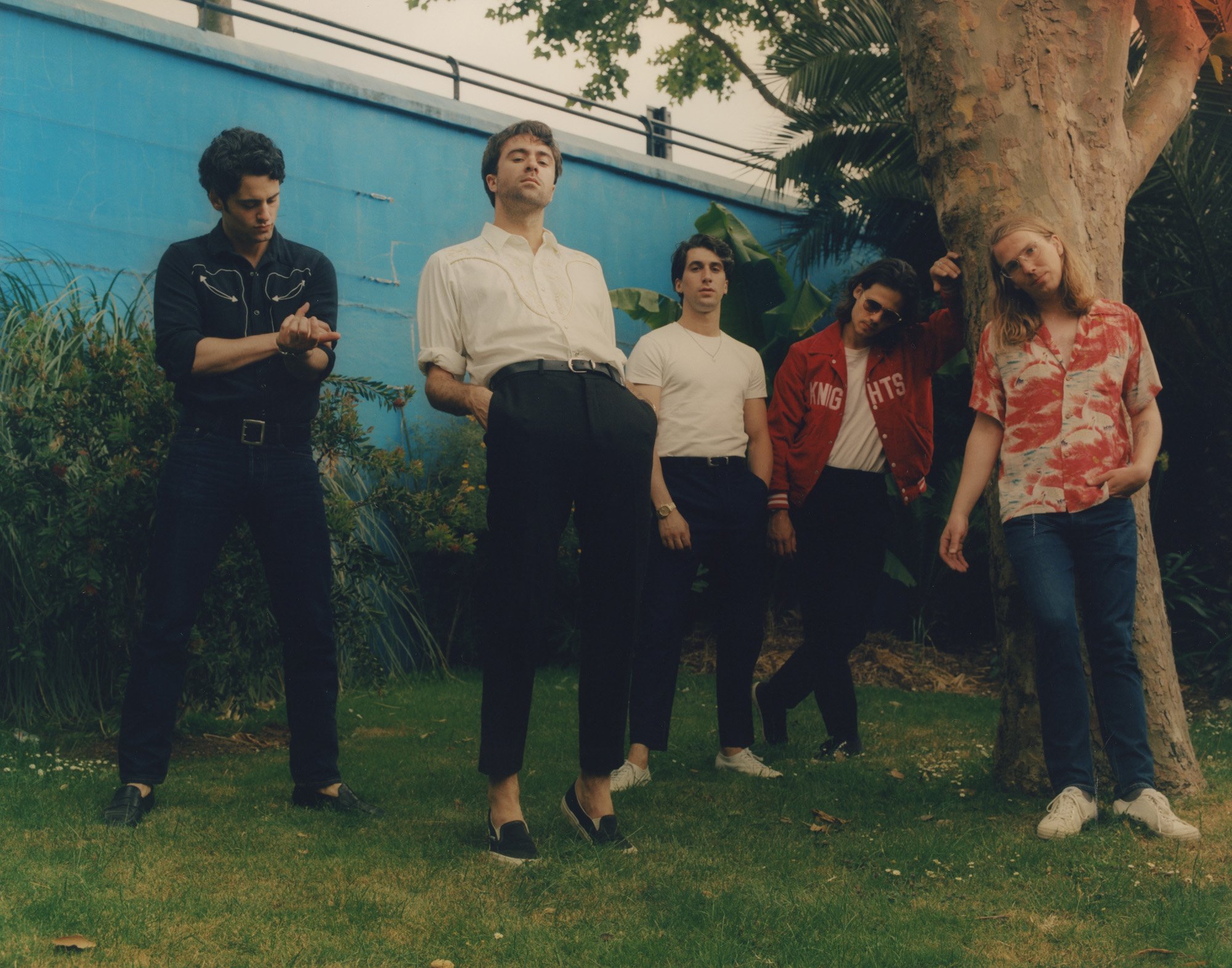Selling his pain to pay the rent, Field Guide’s Dylan MacDonald bears his heart and soul on his self-titled sophomore album, an achingly intimate indie folk record of reflection and inner reckoning that radiates a warm, cathartic heat.
for fans of Harrison Whitford, Leif Vollebekk, Mappe Of
Stream: “Leave You Lonely” – Field Guide
Field Guide’s self-titled sophomore album is a resounding reminder that there’s beauty in being raw and vulnerable:
In unconditionally wearing our hearts on our sleeves, even when it hurts. An achingly intimate, breathtaking indie folk record of reflection and inner reckoning, Field Guide radiates a warm, cathartic heat as the artist bears his heart and soul for all to see, hear, feel.
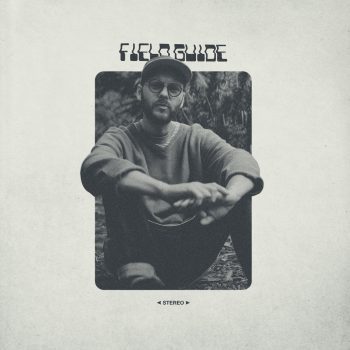
I don’t wanna waste the days
And I don’t wanna push you away
Oo but when it comes on, it comes on strong
And oo I love you baby even when I’m wrong
And so I’m giving it my best shot to fix it
Know that I am here and I am in it
I’m gonna give you everything that I got
Cause I don’t ever wanna leave you lonely
Yeah I’m gonna give you everything that I got
Cause I don’t ever wanna leave you lonely
Released October 28, 2022 via Birthday Cake Records, Field Guide is a cinematic and smoldering masterpiece: An emotionally charged outpouring of heavy sound that dwells in the sonic haze where folk and indie rock coalesce. Dylan MacDonald’s second album as Field Guide sees him coming into his own with a cohesive and captivating vision that enchants the ears, soothes the heart, and stirs the soul.

“I wrote these songs over the course of a year or so leading up to beginning the recording process in November 2021,” the The Manitoba-based singer/songwriter tells Atwood Magazine. “For me, the past few years have seen a lot of inner work, reflection and certainly their share of dark periods and these songs reflect that. At times it felt as though the songs were a place to spill my guts when writing words on a page seemed too challenging.”
“My vision for this record revolved around recording locations, sounds and personnel. The process began in a little cabin in rural Manitoba, we captured the guitar and vocal performances in a really informal way, it felt natural. I knew that it had to be Olivier Fairfield on drum kit for this album, Olivier and I went into Break Glass in Montreal, a studio that I’ve been curious about for years thanks to my obsession with Leif Vollebekk’s records. After the Montreal sessions I returned to the cabin and spent a week in rural isolation going back and forth from Wurli to guitar to synth etc.. At the very last minute I decided to finish the process at Monarch Studios in Vancouver, looking back I can’t imagine not having done those sessions, I really found some of the final glue at Monarch.”
No you don’t love me you just love my attention
Should really give my heart some better protection
You got me hung up in the worst of ways
You got me hanging on to nothing babe
And you don’t want me you just want my affection
Should really give my heart some better protection
You got me hung up in the worst of ways
You got me hanging on to nothing babe
But still I thought maybe we could work it out
Barely know what I want but without a doubt
Field Guide arrives a little more than a year after the release of his debut album Make Peace with That, which Under the Radar‘s Caleb Campbell praised for its “hushed intimacy of isolation” and “a sweeping romanticism, born of rosy nostalgia and late-night longing.” Field Guide builds upon its predecessors foundations; it’s deeper and heavier than his first LP, with more ache, more sonic layers, and more moments of unbridled, brutal honesty.
“In many ways this new record was made in a way that returned to my original process,” MacDonald explains. “My first two EPs came together like a puzzle, carefully considered, piece by piece and over the course of multiple sessions. Make Peace With That was recorded mostly live off the floor, it was more collaborative. I enjoyed recording that way especially as it was in the panny and everyone was starved for the high of playing music in a room with people but I also really enjoyed taking back control and returning to the all-encompassing process of playing mostly every instrument myself on Field Guide.”
“In some ways it seems silly to have made a self-titled record so early in my career, but I feel as though this record sums up a significant chapter of my songwriting and of my life as a person and artist,” he continues. “I can already feel my writing/production morphing into something new and so it feels cool to sort of put a stamp on this time with the self titled record.”
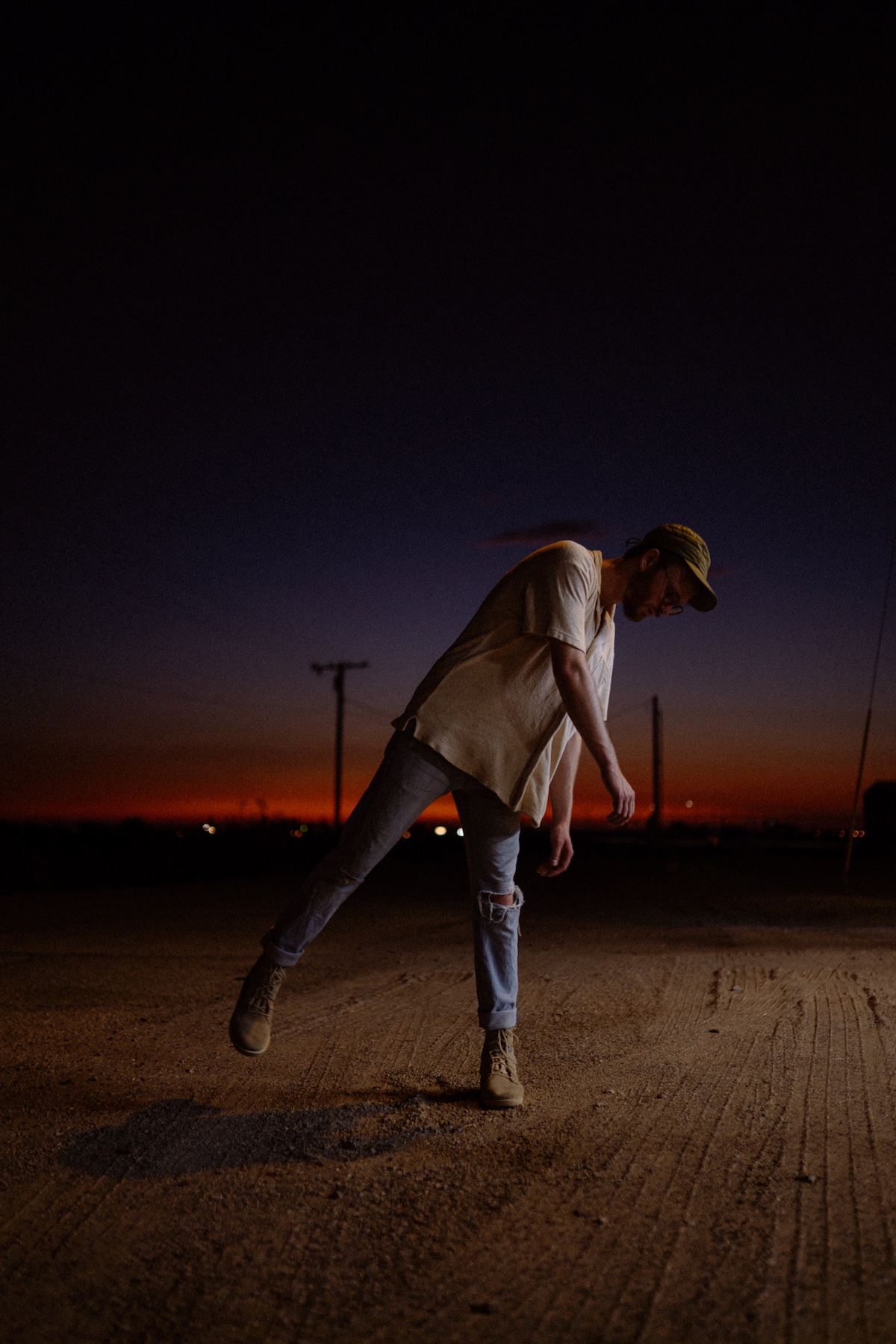
While this is technically Field Guide’s second full-length effort, MacDonald considers this his first “proper” studio album.
“I view this album as my debut,” he says. “I’ve made quite a few batches of songs over the course of the past four years or so, but making this record felt different; I felt much more conscious of how the songs fit together. I also feel that this record is something I’ve been working towards for a while.
Highlights abound throughout Field Guide‘s refreshing, cathartic haze.
Lead single and album opener “Leave You Lonely” sets a strong tone through yearning, reverb-laced guitar riffs and heartfelt lyrics channeled through MacDonald’s poignant, tender, up-close-and-personal vocal performance. Songs like “In Love Now” and “Worst of Ways” make for enchanting, more uptempo reveries, whilst softer moments like “For Sure,” “Cracked Open,” and “Goddess” enchant through their more gentle radiance. Field Guide’s vivid lyrical poetry resonates the most when he’s at his most vulnerable, either speaking to, thinking about, or addressing those closest to him in songs like the confessional, gut-wrenching “For Sure,” “Wishing Well” and “You Could Be Free”:
And I’m sorry
I didn’t mean to hurt your feelings
Last summer when I told you
I feel something for her
Hope that you can forgive me
For putting this in song
For selling our pain to pay the rent
– “For Sure,” Field Guide
•• ••
So bet it all on the music, on the songs
On a love, that goes on and on and never stops
On the people, who make you feel whole
I could never live without you now
And I’m grateful for the life that I have found
– “Wishing Well,” Field Guide
Of particular note is the album’s moving second single (and Atwood Magazine Editor’s Pick) “You Could Be Free,” a warm and warbly indie folk reverie that stands out with just the right touch of heartache and sorrow. “If I cannot get out of these clouds, don’t you go easy on me,” MacDonald sings, reckoning with his own darkness and its impact on those closest to him. “If I cannot get myself out, take all your things and just leave.”
And I know it’s a long way down
Me, I’m stuck in it
But you could be free
You could be free
“It’s tough to see your own struggles affect someone you love — watching them take on your heaviness can really bring on a feeling of guilt,” MacDonald explains. “When I wrote this I was feeling a need to be pushed out of the dark place that I was in, I felt myself thinking ‘don’t accept this from me. I was listening to a tonne of M Ward’s Migration Stories around the time I was writing and recording these songs. [Engineer] Kris Ulrich and I would always end our days by drinking a bunch of whiskey and cooking a bunch of food all while listening to that record, we were obsessed. We recorded this song not too long before the winter solstice in a little cabin outside of Riding Mountain National Park — we weren’t seeing a lot of the sun and I can feel it in the recording.”
“I wrote the song on this old vintage guitar that I found in a store in Vancouver, some older jazz guy had put super thick, flat wound strings on it. I’d been looking for an electric guitar to write songs on as Field Guide for a long time. Finally I found this guitar, and immediately started writing like crazy. ‘You Could Be Free’ was one of the first songs that came out.” It’s quite powerful to hear an artist rejecting themselves, in a way. “You Could Be Free” implores the narrator’s partner not to put up with him and all his faults. In this moment of unadulterated, pure vulnerability, Field Guide creates something wondrous; something heartbreaking; and something utterly, majestically, and authentically beautiful.
For his part, MacDonald lists the song “You Carry Me” as his own favorite. “We were running ahead of schedule while recording in Montreal, which led [drummer] Olivier and me to track that one live off the floor. It feels like an important track on the album, and it almost didn’t make it — I’m so glad it did.” Lyrics-wise, he chooses a line from the preceding track, “Goddess”: Sometimes it’s hard to see you everyday, you’re still my goddess and I don’t ever wanna not see you that way. “I suppose it kind of sums up the strange times in which this album emerged from,” he says. “I remember those words really falling out of my mouth subconsciously, it’s cool to be surprised in that way.”
I know I said I’d change but I can’t cause I’m down today
So maybe I’ll just waste away the afternoon
I tried to write it down, my pen on paper spun around
It seems that I can’t find the thing I thought I’d found
Singing I would never hang you out to dry
Break your heart I’m sure I’d rather die
So now I’m trying to be, the way you are to me
Not so up and down it seems
And I will hold your hand and call you when I’m out of town
And try to never let you down
As sonically comforting as it is emotionally raw, Field Guide feels like a peak inside MacDonald’s personal diary.
He takes listeners on an unapologetically visceral, whirlwind journey through his mind’s eye on his self-titled LP, inviting us into an inner sanctum that has known loneliness and isolation, but nevertheless burns bright with a sincere, genuine appreciation for love, intimacy, and human connection.
“I made these songs into a world for me to live in,” MacDonald shares. “They are dark and hopeful and have helped me to figure some things out. For the past couple of years I’ve maintained a pretty consistent habit of journaling. Putting words on paper is difficult and I’ve gained a new respect for those who are able to do so in a seemingly effortless fashion. Melody is what makes words fall out of my mouth. It’s disarming. When I find a melody that represents my internal world, I drop my guard. I allow the words to appear out of thin air without judgement. A lot of these songs came to life that way. I wasn’t trying to make anything, but the songs became a home for words that I wasn’t yet ready to write on the page. And now, the mix of discomfort, excitement and pride in sharing this album. These are the truest, rawest songs that I’ve ever written. I’ve never felt so sure about something I’ve made before.”
He continues, “Writing and recording is such a personal thing that I struggle to know what I would like people to take from them honestly. But then again I often find that a lot of my favourite music is often pretty specific lyrically and I somehow end up connecting with it in my own way. Maybe because it’s the associated feelings that are universal. I hope people find their own personal way of connecting with the songs on this album.”
Experience the full record via our below stream, and peek inside Field Guide’s Field Guide with Atwood Magazine as Dylan MacDonald goes track-by-track through the music and lyrics of his sophomore album!
— —
:: stream/purchase Field Guide here ::
Stream: ‘Field Guide’ – Field Guide
:: Inside Field Guide ::
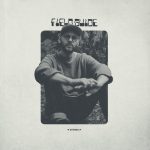
— —
Leave You Lonely
Leave you Lonely is about devotion. It’s about fighting complacency. Having doubts is human, but swallowing those feelings can often lead us into a haze of disconnection. It’s rare to hold only one feeling at a time and I’ve been learning to embrace the myriad of emotions that come with being alive, and in love.
This song illustrates a beautiful and imperfect love, the recording is the same — no editing, a one take (and sometimes out of tune) vocal.
Remember When
This song came to life out of a myriad of emotions surrounding a significant human connection. A deep infatuation that took over and was all consuming for a little while. Eventually the experience settled into a gratitude for the openness that the experience provided.
You Could Be Free
It’s tough to see your own struggles affect someone you love — watching them take on your heaviness can really bring on a feeling of guilt. When I wrote this I was feeling a need to be pushed out of the dark place that I was in, I felt myself thinking “don’t accept this from me.”
In Love Now
During the deep panny times I think that a lot of people found themselves catching up on a lot of overdue interior work which was both a really good thing but also quite overwhelming. This song came out of the desire for balance — wanting to continue to work through things but also yearning to get outside and enjoy the sunshine.
For Sure
It’s really difficult to try and sum up a song with a few sentences, and this one is especially tough. As much information as I care to offer up (and frankly a bit more) is in the song, it’s very clear. I don’t wish to share anything further for this song.
Cracked Open
I absentmindedly wrote this song at the kitchen table in about 20 minutes. We ended up tracking bass, drums and pedal steel to the originally voice memo recording which was the first time I’d ever sang the song through without messing it up. Despite being largely recorded with an iPhone, I think it’s my favourite sounding track on the record. This song is a stream of consciousness reflection.
Worst of Ways
This song came to life out of a myriad of emotions surrounding a significant human connection. A deep infatuation that took over and was all consuming for a little while. Eventually the experience settled into a gratitude for the openness that the experience provided. Some of the lyrics from this song exist in other tracks on the record, both ‘Remember When’ and ‘You Carry Me’ borrow a few lines. I’ve never used the same lyrics in multiple songs before, it was an interesting way of expressing a feeling, saying the same thing but with a different musical inflection.
Wishing Well
This song came about fairly soon after moving back home to Winnipeg, I was feeling really grateful for my friends. We’ve built a beautiful community of artists that truly care and support each other. There is nothing like leaving a place to make you fall in love with it all over again.
Goddess
Of all the songs on this record this one has been along the longest, I wrote it in the depths of isolation when the monotony of life was feeling particularly draining. Generally I think that I thrive on newness — I love touring, moving, meeting new people etc.. I’m really grateful that those things are back in my life now.
You Carry Me
This song came to life on a particularly aimless day. The evening before I had been feeling optimistic and motivated, I’d made a list of some bad habits that I wanted to change but woke up the next morning feeling down. I floated through the day in a haze working on this song in 20 minute increments, by 10pm or so I felt that I had completed a bad song. In the end it has become my favourite of the record.
Looking Back
I wrote this song days before moving back home to Winnipeg from Toronto. I’d been missing Winnipeg for months — feeling nostalgic and reflective. But all of the sudden I found myself feeling the same way about Toronto, about my apartment, about the neighbourhood, the people. It shook me up a bit, I realized that if I wasn’t careful my mind was going to keep living 3 months behind my body. I suppose this song is a reminder to be careful with nostalgia and to be more present day to day.
Tupperware
While recording beds in Montreal in December, Olivier and I were running ahead of schedule and ended up cutting a few tunes live off the floor. I was having such a good time tracking that I found myself searching through old voice memos and looking for additional material. Tupperware is a song that I’ve had for several years and have previously released, I’ve always really liked this song and wondered if it could exist in an alternate form. Around the time we were recording I had been added as support on some Leif Vollebekk tour dates, Leif is one of my favourite artists ever and a huge inspiration — On our last day Leif dropped by the studio to say hi and kindly agreed to play bass on this song. We sat in this groove for a while and then this weird little version came together pretty quickly. I added some additional electric guitar back at home and Matt Kelly played some washy pedal steel which was the last piece of the puzzle.
— —
:: stream/purchase Field Guide here ::
Stream: ‘Field Guide’ – Field Guide
— — — —

Connect to Field Guide on
Facebook, Twitter, Instagram
Discover new music on Atwood Magazine
? © courtesy of the artist
:: Stream Field Guide ::

